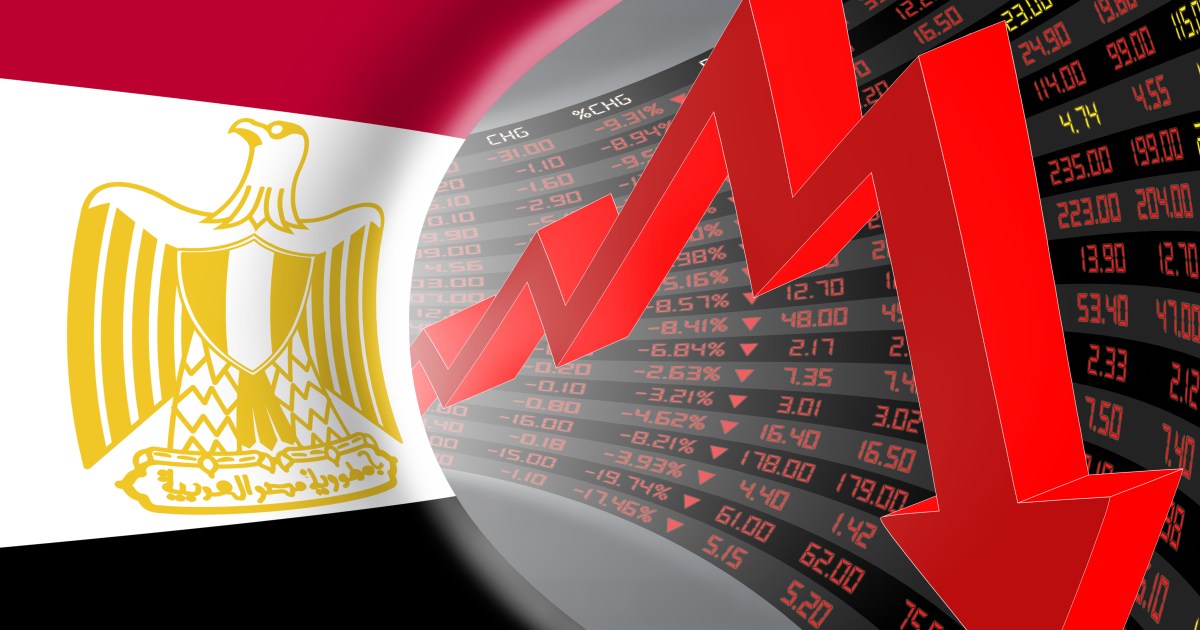A survey showed today, Sunday, that the activity of the non-oil private sector in Egypt contracted for the 18th month last May, as the Ukrainian crisis, import restrictions and the depreciation of the pound put pressure on prices.
The Standard & Poor's Global Purchasing Managers' Index in Egypt rose to 47 points from 46.9 points last April, but it is still below the 50 point level that separates growth from contraction.
“Price pressures continue to rise and are taking a toll on customer spending,” Standard & Poor’s Global said. “Input cost inflation accelerated to a 6-month high, amid rising global commodity prices, a stronger US dollar and bans on a number of imported goods.”
"Consequently, companies reduced their purchases of inputs and employment levels, and expectations of future activity fell to the second lowest level in the history of the chain," it added.
Standard & Poor's Global believes that the import ban on some products has caused supply shortages for many companies, and new requirements in letters of credit to import many goods have increased customs delays.
high inflation
The core inflation rate rose to 13.1% last April from 10.5% in the previous March.
The sub-index for total input prices jumped to 62.1 from 58.3 last April, and the purchasing costs index rose to 62.3 from 58.8.
David Owen, an economist at Standard & Poor's Global, said that "business conditions in the non-oil sector in Egypt remained affected by rapid inflationary pressures last May, as respondents indicated that high market prices led to a sharp drop in demand and an increase in demand." other in business expenses.
Production and new orders continued to contract last May, as the production index recorded 45, down from 45.3 last April, and the new orders index fell to 44.6 from 45.3.
The sub-index for future production expectations fell to 55.2, the second lowest since it was first included in the survey 10 years ago.
The index was at 57.7 last April.

